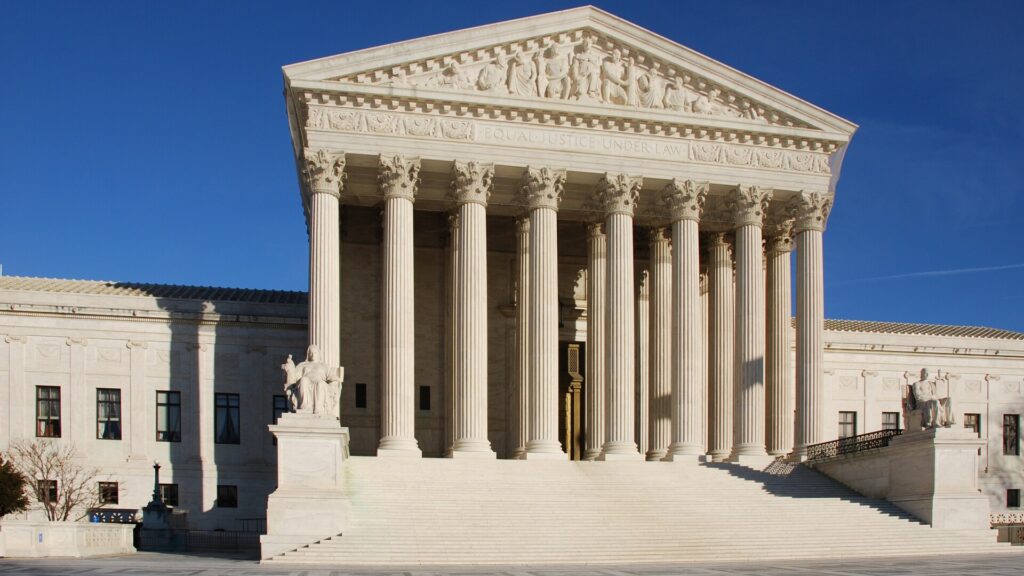UC Berkeley is under fire for allegations stating that white people are banned from Gill Tract Farm on Saturdays.This controversy has ignited debate about systemic racism within university policies. Gill Tract Farm, in collaboration with UC Berkeley since 2013, seeks to foster urban farming research and the food justice movement. However, the recent policy has been criticized for discriminating based on race, marking a contentious turn in the university’s efforts to foster inclusivity.
Legal Foundation Lodges Complaint Against UC Berkeley
The Mountain States Legal Foundation lodged a complaint with the US Department of Education against UC Berkeley, with accusations that the institution was excluding white people from Gill Tract Farm on Saturdays.

General counsel for the foundation, William Trachman, condemned the policy, making this statement, “UC-Berkeley thinks that racial segregation is progressive now, but it’s no different than segregation of the past.”
Berkley’s Response To The Allegations
Upon learning about the discrimination complaint by the media, UC Berkeley expressed surprise and committed to conduct a thorough investigation.

Dan Mogulof, a spokesperson for the university, stated “The Gill Tract’s website and calendar make no mention whatsoever of any program or activity of the sort described in the complaint.”
The Purpose Of The Policy And Backlash
The intent of the policy was to create a “safe and sacred space” for BIPOC individuals, by limiting access for others on Saturdays only.

This approach has sparked controversy and notable baklash, with critics making the argument that it encourages segregation rather than inclusivity. The policy’s consequences have brought up questions about legal and ethical matters involving the balance between creating space for supportive environments and ensuring equal access for all community members.
Prior Controversies Involving UC Berkeley
This isn’t the first time that UC Berkeley has faced controversies similar to this, most notable is with the “Person of Color Theme House.”

This off-campus co-op faced criticism for having policies that restricted white individuals from common areas, igniting debate over creating safe spaces for marginalized students and upholding principles of inclusivity and non-discrimination.
The Broader Context Of Race-Conscious Aware Policies
This incident at Gill Tract Farm is not an isolated incident, it brings to light the broader debate on race-conscious policies within educational institutions.

Following the US Supreme Court ruling in opposition of affirmative action in college admissions, such policies are under increased scrutiny.
Responses To The Co-Op’s Policy
When social media leaks informed people of the co-op’s policies it set off widespread outrage, with many making the claim that the rules are “racist.”

The situation sparked a broader discussion on what is appropriate in terms of such exclusionary policies..
Legal Consequences Of The Policy On Saturday
The allegations made against UC Berkeley’s Gill Tract Farm policy on Saturday policy have drawn attention to the legal consequences of the race-based exclusions in educational settings.

Critics make the argument that policies such as these violate Title VI, which prohibits discrimination on the basis of race in programs receiving federal assistance.
University’s Explanation Regarding The Controversy At The Co-Op
In addressing the controversy regarding the “Person of Color Theme House,” UC Berkeley clarified that the housing falls outside of its jurisdiction and is not campus operated.

Janet Gilmore, Senior Director of Strategic Communications at UC Berkeley, Janet Gilmore made a statement that campus-affiliated housing does not discriminate based on race, this is consistent with UC and campus policy.
The Need For Discussion Within The Community
The controversy has ignited a community reaction, urging a reevaluation of how the university approaches inclusivity and diversity.

It has prompted discussions about finding ways to support marginalized groups while also making sure that policies don’t inadvertently exclude or discriminate against others based on race.
Next Steps For UC Berkeley
In light of the allegations, UC Berkeley has made a commitment to investigate the claims and review its policies.

The university’s response will be closely monitored, as they could set the tone for how educational institutions address situations that are similar to this in the future.
Contemplating The Future Of Inclusivity In Education
As UC Berkeley grapples with the aftermath from the Gill Tract Farm controversy, a more in depth conversation continues about how best to achieve inclusivity in educational settings.

The situation highlights the complexity of implementing policies that aim to support marginalized communities without infringing on the rights of others, a challenge that remains at the forefront of educational discourse.





GIPHY App Key not set. Please check settings